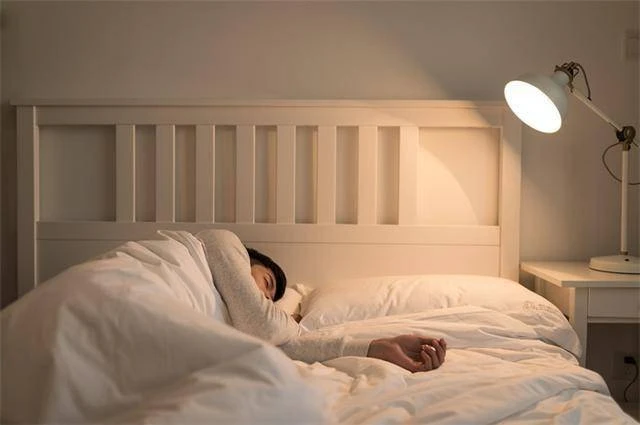Introduction
Researchers at Brigham and Women's Hospital, Harvard University, have uncovered compelling evidence suggesting that individuals with a preference for staying up late and waking up late may lead less healthy lifestyles, with a 72% increased risk of developing diabetes. Even after adjusting lifestyle factors, the risk remains elevated by 19%. These findings were published in the Annals of Internal Medicine.
Understanding Chronotype and Diabetes Risk
Dr. Tianyi Huang, Associate Epidemiologist at the Channing Division of Network Medicine, Brigham and Women's Hospital, emphasizes that one's chronotype, or preference for sleep and wake times, is influenced in part by genetics, making it challenging to alter. Night owls, or those who habitually stay up late, need to be especially mindful of their lifestyle choices as they may face an increased risk of type 2 diabetes.
Research Methodology
The study, based on data collected from the Nurses' Health Study II (one of the largest investigations into risk factors for major chronic diseases in women), analyzed information from 63,676 female nurses aged 45 to 62. Factors such as self-reported sleep type, diet quality, body weight and mass index, sleep duration, smoking habits, alcohol intake, physical activity, and family history of diabetes were considered. Diabetes status was determined through self-reports and medical records.
Findings and Lifestyle Correlations
Approximately 11% identified as definite night owls, while 35% identified as definite early birds, with half falling into the "intermediate" category. Definite night owls reported a 54% higher proportion of unhealthy lifestyle choices compared to definite early birds. Among those with the healthiest lifestyles, only 6% were night owls, contrasting with 25% among those with the unhealthiest lifestyles.
Night owls were found to be more likely to engage in excessive alcohol consumption, have poor dietary habits, shorter nightly sleep duration, and smoking habits. Additionally, their weight, body mass index, and physical activity levels fell within unhealthy ranges.
Lifestyle Adjustment and Diabetes Risk
Before considering lifestyle factors, being a night owl was associated with a 72% increased risk of diabetes. Even after accounting for lifestyle, the connection persisted, with a 19% increased risk. Dr. Sina Kianersi, Postdoctoral Research Fellow at the Channing Division of Network Medicine, Brigham and Women's Hospital, notes that while controlling unhealthy behaviors reduces the strong association, a significant link remains.

Occupational Influence
Interestingly, the association between sleep type and diabetes risk was observed primarily in day-shift nurses and not in night-shift nurses. Dr. Kianersi adds, "When sleep type doesn't align with work hours, we observe an increased risk of type 2 diabetes. This suggests that more personalized work schedules could be beneficial."
Conclusion and Future Directions
While the study establishes correlations, causation remains unconfirmed. Future research aims to investigate the genetic determinants of chronotype in a larger and more diverse population, shedding light on its relationship with cardiovascular diseases and diabetes. This could pave the way for tailored prevention strategies for individuals based on their biological clocks.




